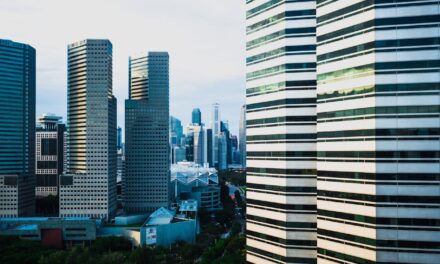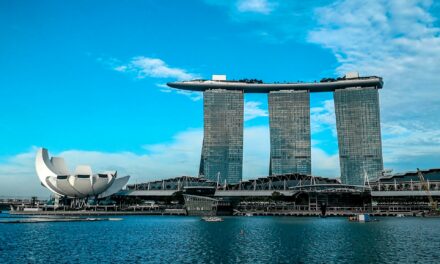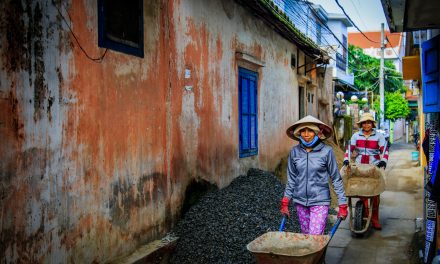Business conditions in Singapore’s private sector improved in February thanks to strong output and incoming new orders.
“February’s S&P Global Singapore PMI data revealed that business conditions improved in February after a brief downturn at the start of the year, Jingyi Pan, an economics associate director at S&P Global Market Intelligence said in a note on Wednesday.
The headline seasonally adjusted S&P Global Singapore Purchasing Manager’s Index posted 51.0 in February, up from 49.9 in January but below December’s 51.5. Anything above the 50.0 point mark denotes expansion in the sector, while anything below means it contracted.
“New business rose solidly, which contributed to higher activity, with further spillover to backlogged work amidst labor and supply constraints,” Pan said, “Alongside heightened optimism among businesses, the latest data hinted at continued business activity growth in the near-term.”
In January, Singapore’s private sector shrank for the first time in over two years after COVID-19 cases hurt the sector that month.
Deep dive
Singapore’s private sector saw renewed growth in February due to increased new business. However, output rose only marginally due to capacity constraints.
Job shedding accelerated, marking the fastest decline in 21 months, driven by resignations and cuts in part-time staff. With rising sales and shrinking workforces, backlogged work grew at its fastest rate since November.
“Employment decreased across the Singaporean private sector in February as firms mainly reduced part-time workers across sectors where spare capacity had built, according to the latest PMI data,” Pan told Diplomatic Network (Asia) in an interview on Wednesday.
“Additionally, subdued business optimism among Singaporean private sector firms in February led to companies opting not to replace job leavers in some instances, thereby contributing to the latest fall in staffing levels,” Pan said.
The private sector is grappling with unfinished work as supply constraints and resignations strain capacity, posing a growing challenge to business operations.
Anecdotal evidence pointed to firms working through as much of their current and backlogged work where possible, though that had still resulted in a renewed rise in the average level of unfinished work across the Singaporean private sector,” Pan said.
“The rate of accumulation, despite being the fastest in three months, was mild compared to the post-pandemic average and therefore appears broadly manageable for businesses at present.”
Looking ahead
Short-term business challenges largely stem from external factors.
“Much of the challenge for business activity stem from external factors in the short-term based on comments from panelists. This includes geopolitical and trade uncertainties and also lingering inflationary pressures, factors that have been dampening business sentiment,” Pan told DNA.
Meanwhile, government policies could play a role in stabilizing employment levels and boosting business activity by addressing labor shortages and supporting economic growth in the future.
“An easing monetary policy stance at upcoming Monetary Authority of Singapore meetings will bode well for the economy in the near-term, while supportive policy measures from the government in the continued aim of transforming the economy to a more knowledge-based one is expected to provide long-term boost to employment,” Pan said.
Additionally, inflationary pressures eased in February, with lower selling price inflation expected to boost new sales in the coming months.
Data
The S&P Global Singapore PMI is compiled by S&P Global from responses to questionnaires sent to purchasing managers in a panel of around 400 private sector companies. The panel is stratified by detailed sector and company workforce size, based on contributions to GDP. The sectors covered by the survey include manufacturing, construction, wholesale, retail, and services.
Survey responses are collected in the second half of each month.







